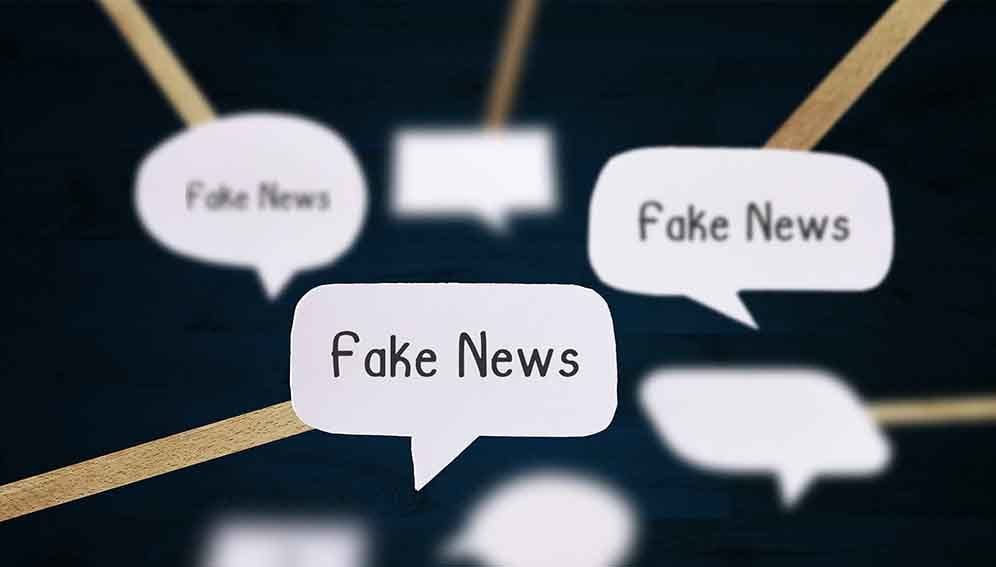11/09/20
Understand motivations to fight fake news – debate

By: Fiona Broom
Send to a friend
The details you provide on this page will not be used to send unsolicited email, and will not be sold to a 3rd party. See privacy policy.
People need to understand the motivations behind misinformation and fake news campaigns to be able to tackle them, physicist Julia Tagüeña, from the National Autonomous University of Mexico, has told a SciDev.Net roundtable.
“It doesn’t happen by chance, there is a purpose underneath,” Tagüeña told the roundtable, convened to investigate ways to tackle the COVID-19 infodemic.
An infodemic is defined as an overabundance of information — some accurate and some not — that occurs during an epidemic, making it difficult for the public to find reliable sources and guidance.
“[Misinformation] has a huge impact and the problem is that nobody is systematically collecting the impact information. There is a huge psychological impact.”
Saiful Islam, emerging infections programme, icddr,b
The event brought together about 50 policymakers, researchers and journalists to discuss ways to tackle the infodemic.
Tania Valbuena, vice president of the Colombian Association of Scientific Journalism, told the meeting: “Our job as scientific journalists is to make [COVID-19] understandable to the public, it’s a really difficult challenge right now.
Ahead of the discussions, Saiful Islam, from the emerging infections programme at the international health research institute icddr,b, in Bangladesh, talked about the issues raised in his paper COVID-19–Related Infodemic and Its Impact on Public Health: A Global Social Media Analysis, published in the American Journal of Hygiene and Tropical Medicine.
He said there had been waves of misinformation since the COVID-19 outbreak in December.
“The last one month we have been observing a new wave of misinformation related to COVID-19 vaccines,” he says.
“Misinformation was highly prevalent at the very beginning, there was a drop maybe in May, June, July, but now we see vaccine-related misinformation that is circulating on online platforms.”
The paper found that rumours and bad information about COVID-19 posed a major public health risk, but so far there have been limited efforts to measure the consequences of the infodemic, including the psychological impacts.
“It has a huge impact and the problem is that nobody is systematically collecting the impact information,” Islam says. “There is a huge psychological impact of this misinformation.”
The results in some cases have been catastrophic, Islam’s team of researchers found. At least 800 people have died after following the bad advice that drinking highly concentrated alcohol will kill the novel coronavirus. Almost 6000 people have been hospitalised, while 60 people have been blinded after drinking methyl alcohol, commonly used as fuel and antifreeze.
News sources
Developing literacy around health and news sources among students can be an effective way of ensuring accurate information is shared, says Islam.
But, journalists also need to be better educated in science, says Mohamad Alawneh, manager of Jordanian sustainability non-profit North Star and a project coordinator at the International Union for Conservation of Nature (IUCN). Scientists should be better integrated in journalism processes, he says.
“Most journalists are looking for the fastest and the most viewed news, they don’t verify their sources of information and they’re working for popularity,” Alawneh says.
Yet others said journalists were not to blame, as they did not intend to mislead people and were reliant on ever-changing scientific information coming from international organisations and governments.
“In Brazil, journalists have been working hard to combat fake news,” said Vinícius Durval Dorne, from the faculty of education at Brazil’s Federal University of Uberlândia.
Politicians, public agencies and the media must strive to create a public arena where differing, but evidence-based, views are welcome, says science communications consultant Olle Bergman.
“The public should be taught that science is a process where different research groups offer different explanations and recommendations,” he said.













